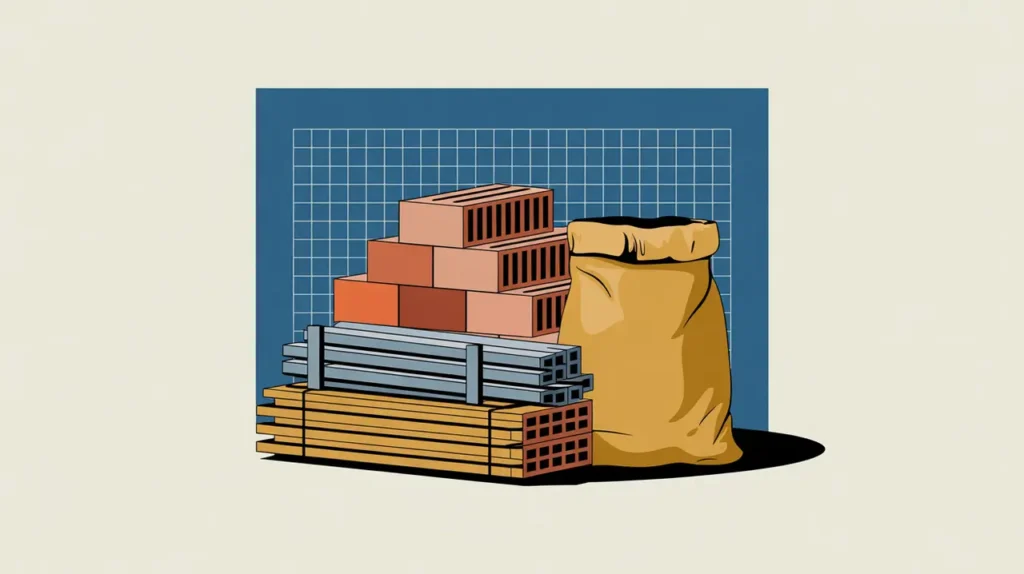Importance of Urban Planning
Urban planning is essential for shaping how cities grow, function, and serve their populations. It determines the layout of infrastructure, housing, transportation, and public spaces, directly influencing quality of life and environmental sustainability. In international development, urban planning is critical for managing rapid urbanization, reducing informal settlements, and ensuring equitable access to services. For nonprofits and social innovators, it matters because inclusive planning can reduce inequality, improve resilience, and support community-driven growth. Its importance lies in aligning urban expansion with social, economic, and environmental priorities.
Definition and Features
Urban planning refers to the process of designing, regulating, and managing the physical and social development of urban spaces. Its defining features include:
- Land Use Management: organizing residential, commercial, industrial, and public spaces.
- Infrastructure Provision: ensuring access to roads, utilities, and services.
- Equity and Inclusion: prioritizing accessibility for all, especially marginalized communities.
- Sustainability: integrating environmental protection and climate resilience into city growth.
How this Works in Practice
In practice, urban planning involves governments, architects, engineers, and communities working together to design city layouts, zoning laws, and development projects. For example, transport-oriented development may reduce congestion and emissions, while slum upgrading projects improve living conditions in informal settlements. Development agencies often support urban planning through technical assistance, participatory approaches, and capacity building. Challenges include political pressures, underfunding, weak enforcement, and rapid population growth outpacing planning capacity.
Implications for Social Innovation
Urban planning has significant implications for social innovation because it creates the frameworks within which solutions for housing, mobility, and sustainability can scale. Innovations such as smart city technologies, participatory mapping, and green infrastructure expand opportunities for more inclusive cities. For proximate actors, involvement in urban planning ensures that development reflects their needs and priorities. Urban planning is essential for building equitable, resilient, and sustainable cities.







